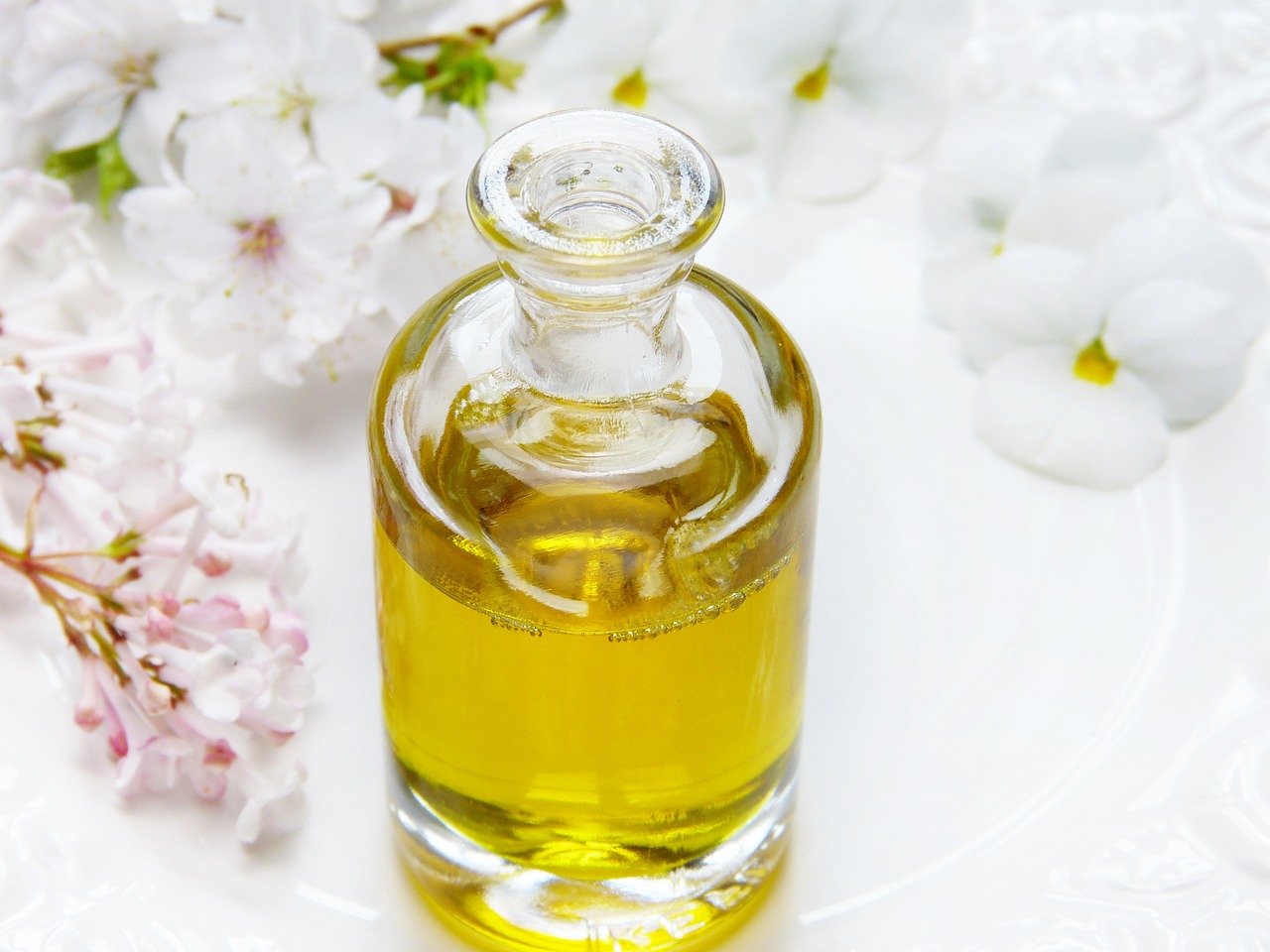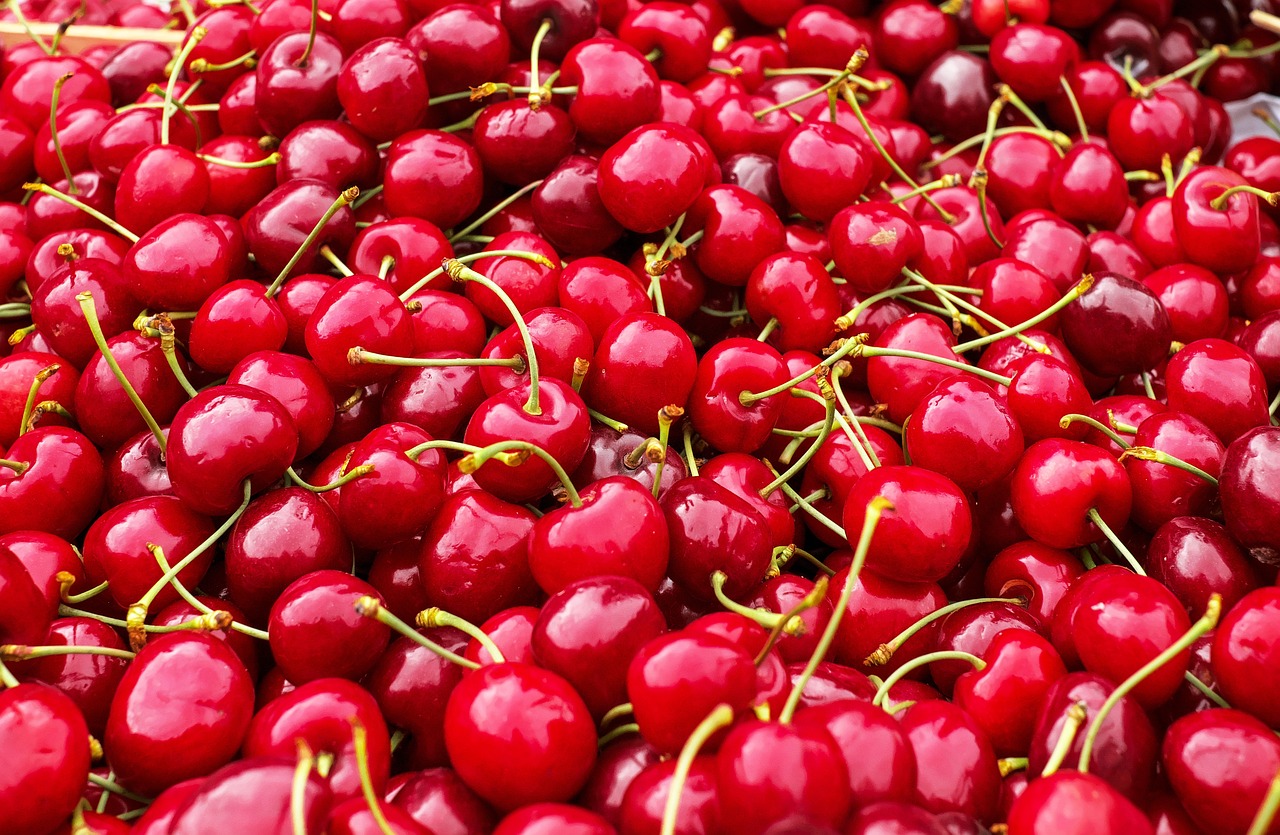Introduction:
In the world of perfumery, attars stand as a timeless and cherished treasure, encapsulating centuries of history, culture, and artistry. Derived from ancient techniques and natural ingredients, attars are more than just scents; they are intricate aromatic elixirs that hold stories of tradition and craftsmanship. In this blog, we’ll take a fragrant journey into the enchanting world of attars, exploring their origins, production, and significance in both historical and modern contexts.
Unveiling the Essence of Attars:
1. The Origins of Attars:
Attars have their roots deeply intertwined with the cultures of the Middle East, India, and South Asia. The word “attar” is derived from the Persian word “itr,” meaning fragrance. These precious elixirs were originally crafted through steam distillation or hydro-distillation methods to extract aromatic compounds from natural ingredients.
2. The Art of Distillation:
Attars are traditionally made through a meticulous process that involves distilling fragrant botanical materials, such as flowers, woods, and resins, into a base oil. The result is a concentrated, exquisite essence that captures the true essence of the plant in its purest form.
3. Natural Ingredients:
Attars are often composed of pure, natural ingredients, making them distinct from synthetic fragrances. Flowers like roses, jasmine, and lotus, as well as precious woods and resins, are carefully selected for their aromas and therapeutic properties.
The Allure of Attars:
1. Intensity and Longevity:
Attars are known for their incredible longevity and potency. A single drop of attar can last for hours, and even days, on the skin, creating a lingering and intimate scent experience.
2. Complexity and Layering:
The intricate process of crafting attars results in multi-layered scents that evolve over time. These layers make attars ideal for layering, allowing wearers to create a truly unique and personalized fragrance.
3. Cultural Significance:
Attars hold deep cultural and spiritual significance in many regions. They have been used in religious rituals, traditional medicine, and as symbols of luxury and hospitality.
4. Sustainability and Naturalness:
In an era of increasing environmental consciousness, attars align with the desire for natural and sustainable fragrances, as they often contain no synthetic chemicals.
Modern Interpretations and Revival:
1. Adaptation to Modern Preferences:
While traditional attars remain cherished, modern perfumers are also crafting innovative attar-inspired fragrances. These creations blend the authenticity of attars with contemporary sensibilities.
2. Niche and Artisanal Appeal:
Attars have found a place in the world of niche and artisanal perfumery. They appeal to individuals seeking unique, handcrafted scents that deviate from mainstream fragrances.
3. Connection to Heritage:
Attars provide a link to cultural heritage and ancestral practices. They allow wearers to connect with the traditions of their ancestors while embracing modern lifestyles.
Conclusion
Attars are not just fragrances; they are vessels of heritage, tradition, and the mastery of ancient techniques. Their ability to transport us through time and space, evoking the scents of gardens, rituals, and memories, makes attars an extraordinary olfactory journey. As you delve into the realm of attars, you embrace the past while reveling in their enduring allure—a testament to the enduring artistry of fragrance.




